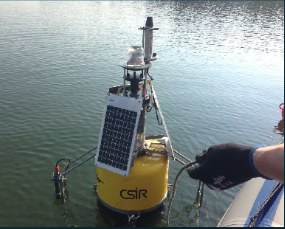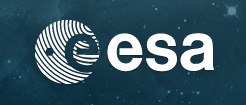
We would appreciate your anonymous feedback in our online survey about water quality monitoring around the world and use of remote sensing to assess water quality. Your input will be used to inform our global water quality training and education efforts. Anyone involved in water quality should take this survey – from managers and field/lab workers to researchers and citizen scientists.
This quick survey is available in five languages: English, Chinese, French, German, and Spanish – responders may remain anonymous. This survey will remain open only a short time and can be completed within 5-8 minutes. All responses will remain confidential and secure. Multiple survey-takers may use the same IP address for their individual entries. Thank you in advance for your valuable insights and we appreciate your trust.




